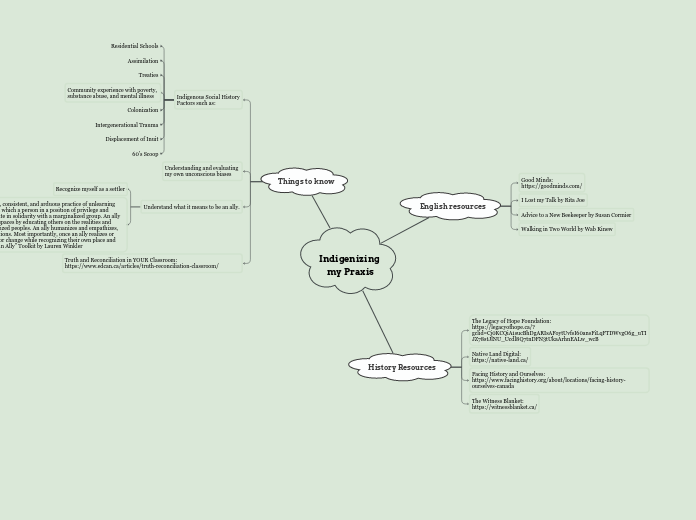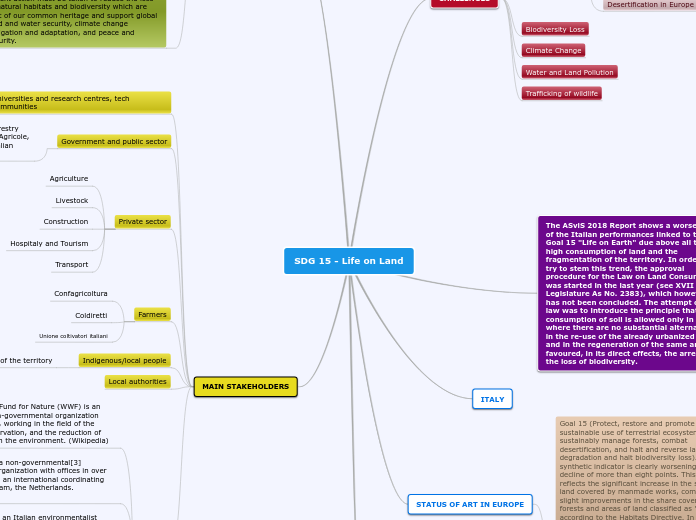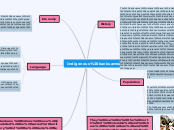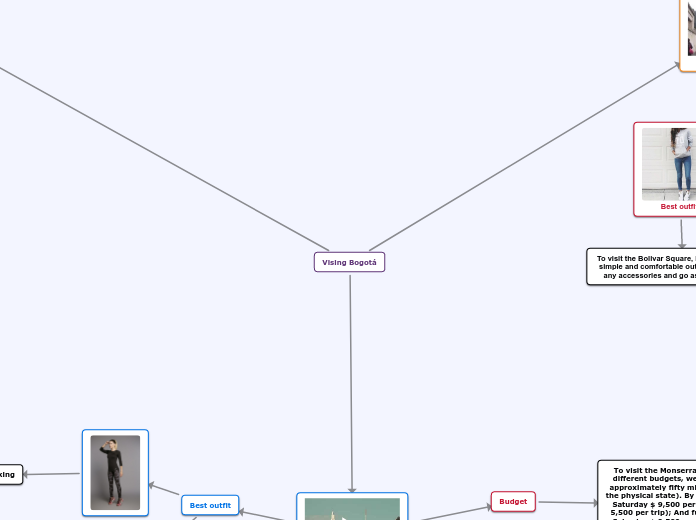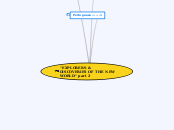por Shayla Beauchamp 2 anos atrás
197
Indigenizing my Praxis
Engaging in the practice of allyship involves a continuous process of unlearning and re-evaluating one's own unconscious biases. This journey is particularly significant in the context of understanding and addressing the issues faced by Indigenous communities.
